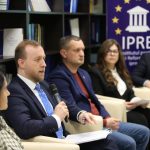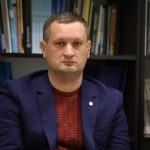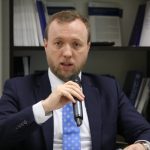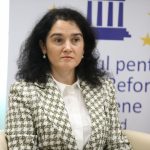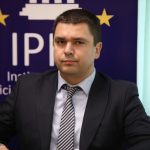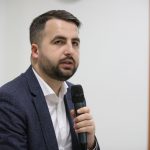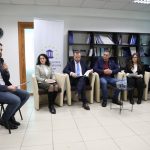#EUDebatesCafe: Draft laws on SIS activity: between needs, risks and impact
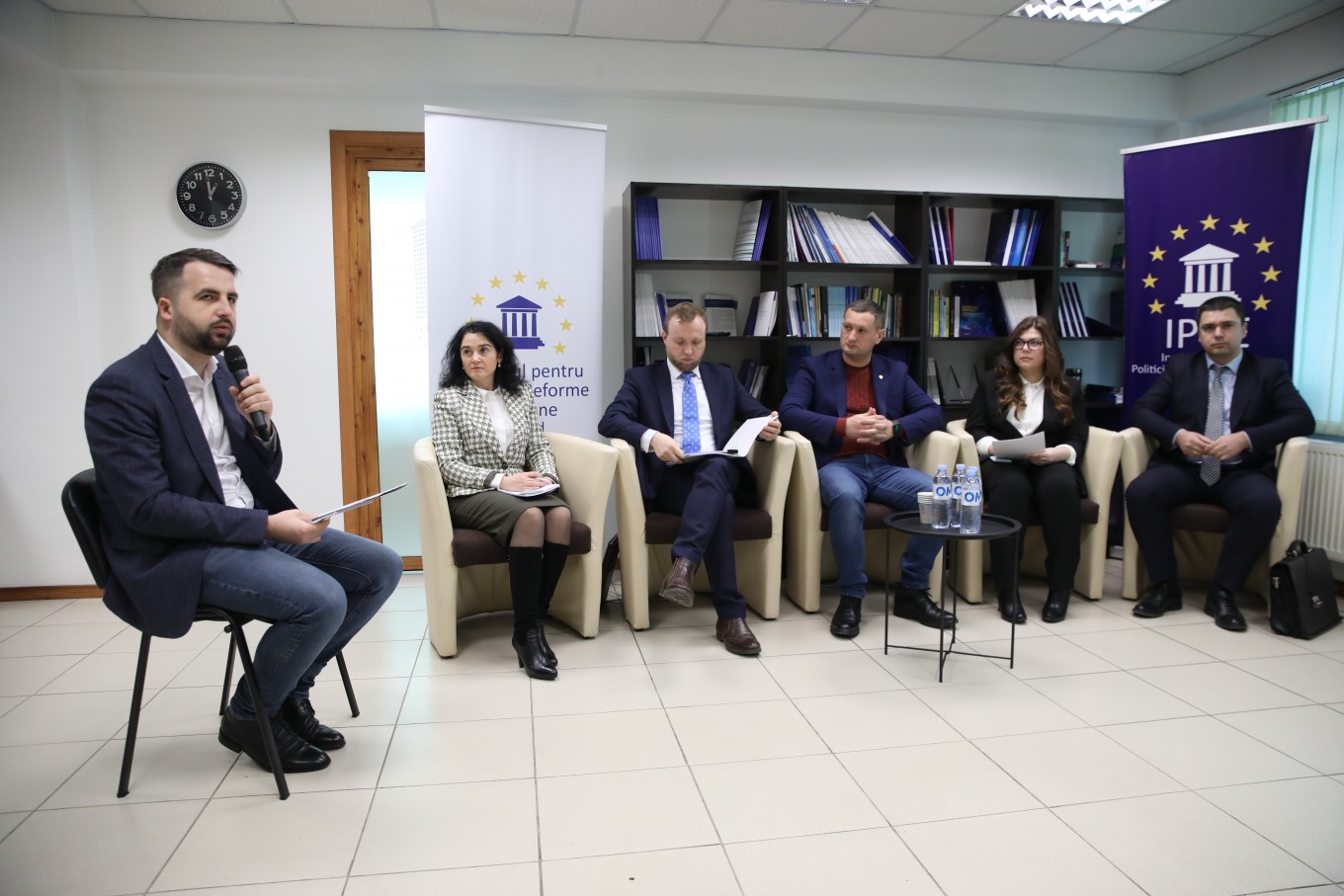
The Institute for European Policies and Reforms (IPRE), in partnership and with the support of the Hanns Seidel Foundation, organized on Tuesday, December 20, 2022, the eighth and last public debate of this year in the #EUDebatesCafe format: “The draft laws regarding the activity of the SIS: between needs, risks and impact”.
The guest speakers of the event, which was moderated by Mihai Mogîldea, Deputy Director of IPRE, referred to the most important aspects included in the three draft laws related to the activity of the Intelligence and Security Service (SIS), registered on November 17th by The Parliament of the Republic of Moldova. The key aspects discussed during the event were related to the new prerogatives proposed for the security mandate of the SIS, the changes connected to the status of the intelligence and security officers, as well as the vision of the government and civil society regarding the role of the SIS in countering hybrid threats to the security of the Republic of Moldova.
Please find below some of the main interventions of the speakers:
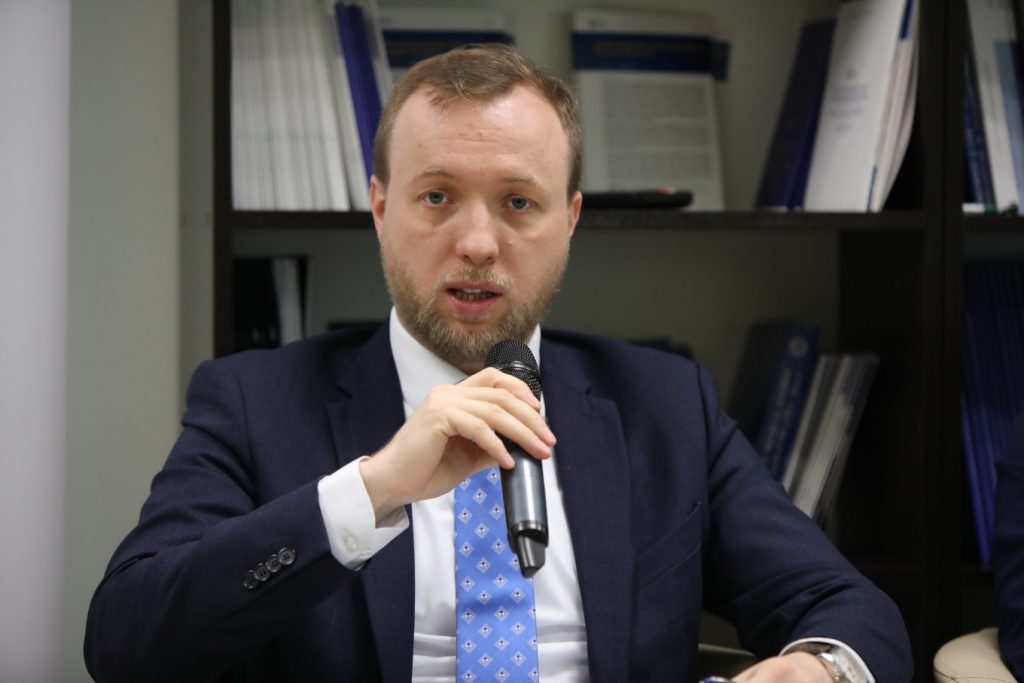
Alexandru Musteață, Director, Intelligence and Security Service: “The need to have draft laws regarding the activity of the SIS comes first of all from the regional security context we have. This context changed and immediately after February 24 it went to another extreme, that of conventional war. The security situation changed and the Republic of Moldova and its security and defense sector must adapt. These three draft laws adapt the SIS activity to the new challenges and risks we face. The purpose of the laws is to make the service more efficient in its day-to-day work and more effective in preventing national risks. To review, this is the new SIS law, a new framework law, basically it is the old law rewritten with some changes and improvements. Then follows the amendment of the law on the status of the intelligence and security officer, which comes to improve the officers’ activity, and the law on counterinformative and foreign intelligence activity”.
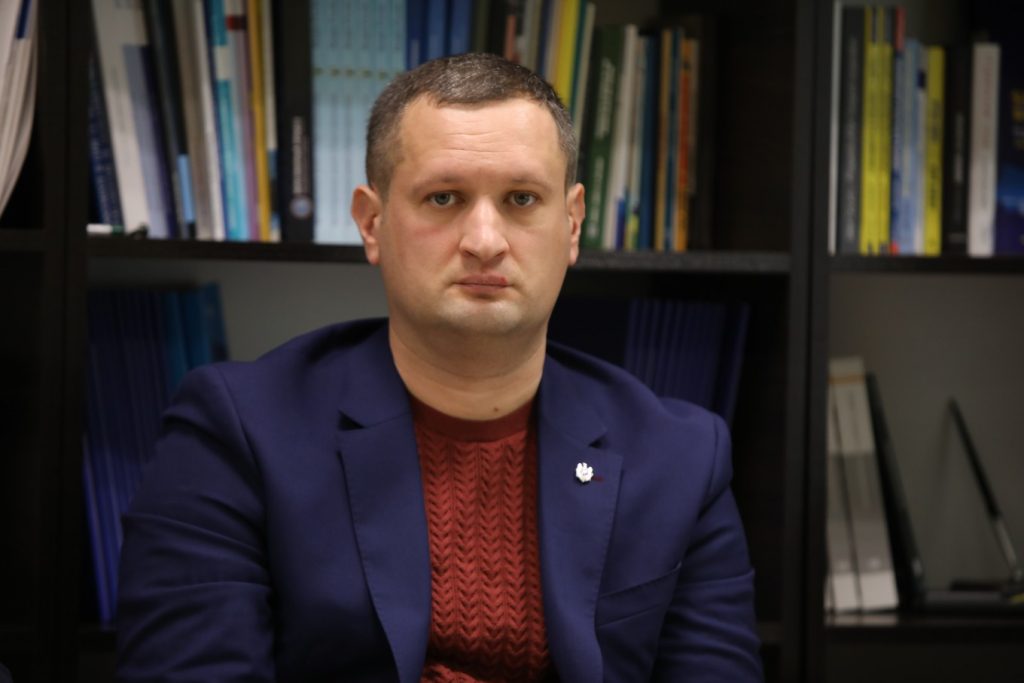
Adrian Cheptonar, Deputy, Parliament of the Republic of Moldova: “Even if we are now talking about a package of three draft laws, the biggest debate is about the law on counterinformative and foreign information activity. The other laws practically transpose some small changes into the legislation, which existed in practice and are now being transposed into the legislation, respectively certain processes within the SIS become more transparent. The counterinformation law is a new one and introduces a new mechanism to defend information security, namely the judicial mandate. In general, from my observations of the political climate in these 30 years, politicians generally did not want a strong Intelligence Service. Politicians have “chopped” the prerogatives of all law enforcement agencies, not just SIS, so they can steal and implement schemes. Currently, we have a war on the border for 10 months and the resistance of the Ukrainians is heroic, but we see that inside the country there is a fierce struggle of all kinds of possible characters guided by the Kremlin to influence the political choices of the citizens.”
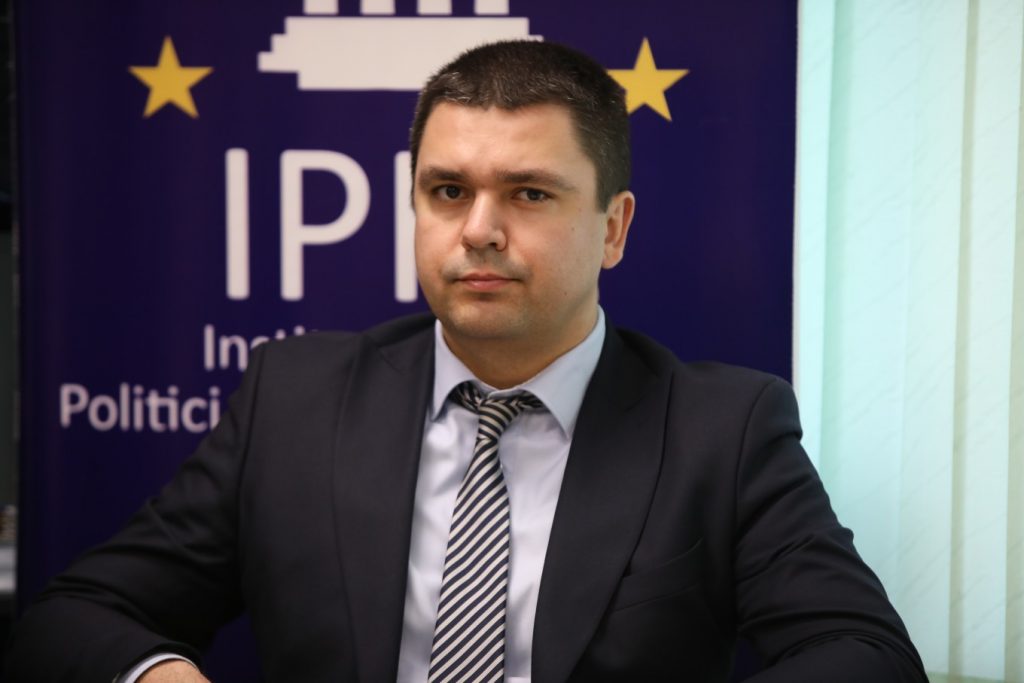
Sergiu Bozianu, Executive Director, Association for the Protection of Personal Life: “Most people who file complaints about violation of privacy rights after leaving their positions are former SIS employees, and possibly employees of ministries, politicians, deputies. We must make the laws in such a way that we do not fear them after we leave office. In my view, these laws are disproportionate to the right to privacy, and in general, it is not clear to me whether the focus of these laws is directed at certain types of situations or at any person. Today, we have an unlimited tool, so the right of the SIS to get access to any infrastructure, any information for up to two years, and the extension of the interception period from six months to two years. The necessity is not clear to me. We have a disproportionality, because, frankly speaking, this instrument will primarily work against SIS and not in favor of strengthening the powers of the SIS, because the Republic of Moldova has been condemned several times in the segment of not respecting the right to private life and in especially in the case of special investigative activities – wiretapping, wiretapping, and others. We must focus not on the fact that it is inappropriate to push these laws forward, but on the need to re-examine these essential bills in order to corroborate, adapt, harmonize them to correspond with human rights”.
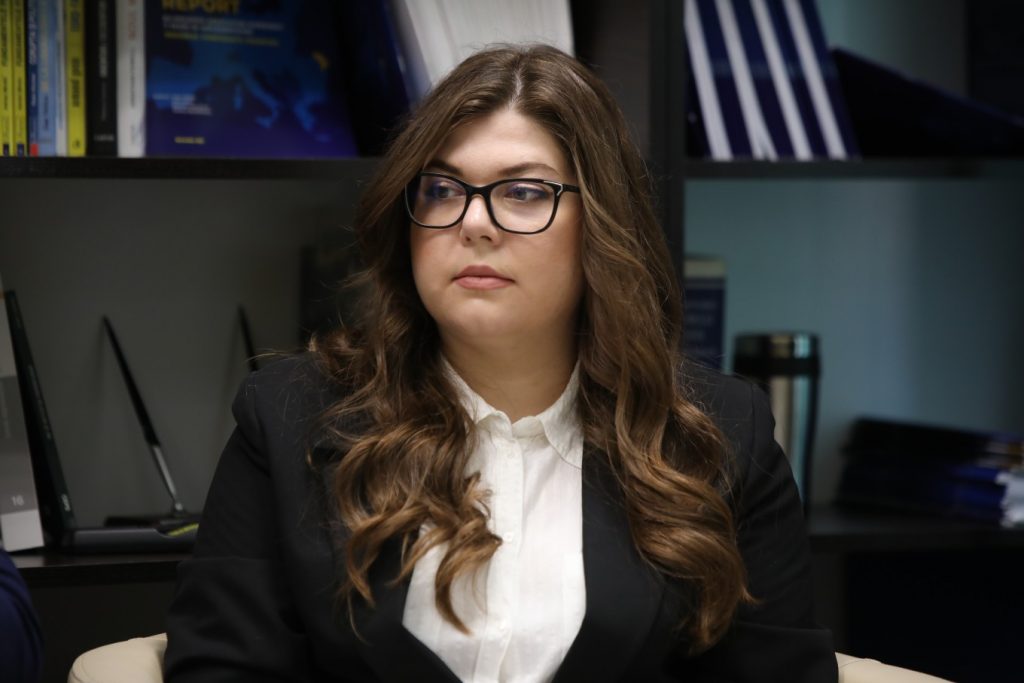
Cristina Snegur, Program Coordinator, Amnesty International Moldova: “We do not deny the fact that it is necessary to make the SIS activity mechanism more efficient. But, at the same time, it is necessary for these laws to be consistent with international standards for the protection of human rights. In this sense, for example, the European Court of Human Rights has established, in its vast jurisprudence, a set of basic principles in the context of the surveillance measures of the security services that the states parties to the convention must apply, in order to ensure human rights and, in particular, of the right to private life of individuals, to protect them from possible arbitrary abuses. If we are to compare these draft laws that have been discussed with the principles set by the European Court of Human Rights, then we see that these laws contain a lot of ambiguities, which may eventually lead to interference and non-respect of human rights”.
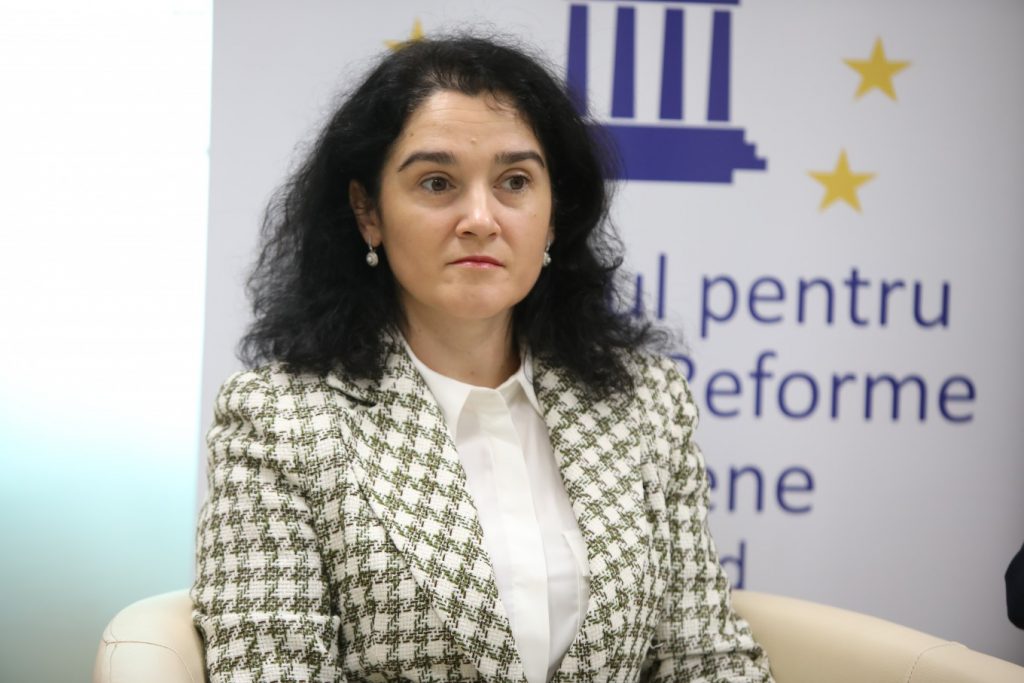
Natalia Albu, Executive Director, Platform for Security and Defense Initiatives: “We cannot neglect that since 2014 in particular, both in the eyes of civil society and in general, the reform of the administration and security system has been on the agenda of civil society , especially when the security mandate was proposed and adopted as a special measure to ensure national security, which created more confusion and debate. At the same time, we cannot ignore that in this framework we face the same challenges as in 2014. The responsibility of the SIS to promote its right and professional mission must be balanced with the oversight of civil society and other independent actors. It is about openness and transparency, obviously within the limits of state secrecy.”
For more details, you can watch the video recording of the event on privesc.eu here and on Realitatea Live here.
This event is organized within the project “EU Debates Café: Advancing knowledge and expertise regarding EU institutions and policies in the Republic of Moldova”, implemented by IPRE, in cooperation with the Hanns Seidel Foundation in the Republic of Moldova and with the support of the Federal Ministry for Economic Cooperation and Development of Germany.

